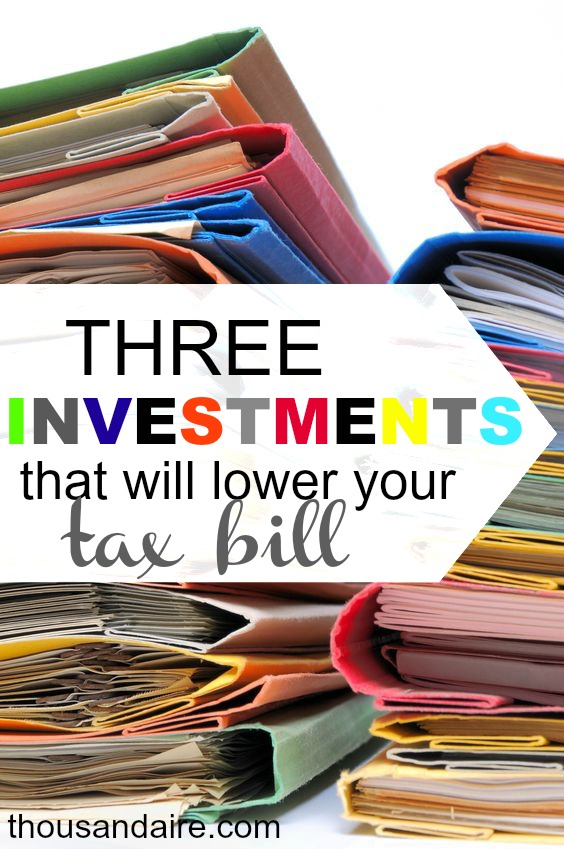Investments with tax benefits are an attractive option for diversifying your portfolio. The IRS offers tax breaks for savings goals such as retirement and education, but you can reduce your taxes further by looking beyond these options. The following products either offer tax-free earnings, or are more tax-efficient than many people realiz
1. Municipal Bonds
Municipal bonds are those issued by a state or local government, and they can be very attractive to those looking to cut their tax bill. Many municipal bonds pay interest that is exempt from federal taxes, and often from state and local taxes. Municipal bonds fund projects for the community, like schools or highways, so they are also a way to invest in improving the place where you live.
It’s important to remember that it is only interest on municipal bonds that is exempt from federal tax. Any discount at purchase or profit on the sale of a bond may be taxable. Also, investing in municipal bonds for their tax exemption requires some due diligence. Bonds issued to fund projects that don’t primarily benefit the community pay interest that is taxable, and certain other municipal bonds are subject to the Alternative Minimum Tax.
2. Life Insurance
Life insurance as an investment usually brings our some pretty strong opinions, many of them negative. However, I am a believer that there are no inherently evil products – only unsuitable ones. And what is unsuitable for one investor might be a perfect fit for another. Life insurance comes in two broad categories – term and permanent. Permanent life insurance includes a cash value account, which can be invested to earn a return. Those earnings are exempt from federal tax. What makes permanent life insurance a potential investment for the living is that the policyholder can borrow this money, tax free, for pretty much any purpose.

It bears repeating that this is a contentious subject. Permanent life insurance premiums generally run over ten times those of term, and of course a good chunk of that goes to fees and cost of insurance. But for those who are looking for tax-advantaged investing options and have maxed out their retirement contributions, life insurance is worth a look.
3. ETFs
ETFs are a bit different than the other two items on this list in that they do not enjoy any special tax treatment from the federal government. However, I think they belong in a discussion about reducing tax liability because they are remarkably more tax efficient than their alter ego, the mutual fund. ETFs buy and sell securities less frequently than mutual funds, which means they realize fewer gains and thus pay far less in capital gains tax.
There are two reasons for ETFs’ lower trading activity. First, ETFs are generally index funds, which means that they buy and sell securities less frequently than an actively managed mutual fund. ETFs buy and sell mostly to rebalance the portfolio or to reflect any changes in the underlying index.
Secondly, the structure of an ETF is fundamentally different than that of a mutual fund. When an investor redeems mutual fund shares, the fund must sell securities to raise the cash to pay the investor. ETFs trade on the secondary market, where buying and selling has no effect on the securities in the fund. Even if an institutional investor purchases enough shares to redeem them from the fund, the investor receives the underlying securities rather than cash, so no taxable transaction takes place.
Taking advantage of opportunities to lower tax obligations is especially important for long-term investors, since the effects can be compounded over many years. Looking beyond the basics and gaining a true understanding of where tax liability is incurred in an investment can make you a more efficient – not to mention wealthier – investor.
